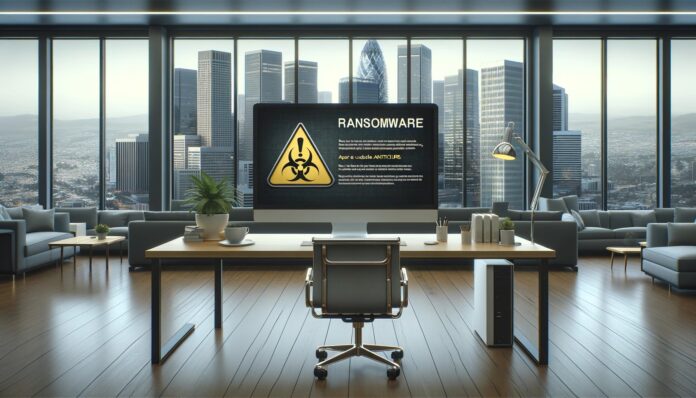
In recent years, ransomware attacks have emerged as one of the most pervasive and damaging cyber threats, with criminal gangs employing sophisticated tactics to extort money from individuals, businesses, and even government entities. As the frequency and severity of these at-tacks continue to rise, the question arises: can ransomware gangs be neutralized? While the task may seem daunting, there are strategies that can be employed to combat these cyber-criminals and mitigate the impact of their actions.
One approach to neutralizing ransomware gangs involves international collaboration and law enforcement efforts. Ransomware operations often span multiple countries, making it challenging for any single jurisdiction to tackle them effectively. By fostering cooperation between law enforcement agencies across borders, authorities can disrupt the infrastructure and operations of ransomware gangs, leading to arrests and prosecutions of key perpetrators.
Another critical aspect of neutralizing ransomware gangs is targeting their financial infrastructure. Ransom payments are typically made in cryptocurrencies such as Bitcoin, which offer a degree of anonymity to cyber-criminals. However, efforts to trace and disrupt these transactions have shown promise in undermining the profitability of ransomware operations. Collaboration between law enforcement agencies, financial institutions, and cryptocurrency exchanges can help identify and block illicit transactions, making ransomware attacks less lucrative for cyber-criminals.
Furthermore, enhancing cybersecurity measures at the organizational level is essential for mit-igating the risk of ransomware attacks. This includes implementing robust security protocols, regularly updating software and systems, and conducting employee training to raise awareness about phishing and other common attack vectors. Additionally, organizations can leverage advanced threat detection and response technologies to identify and contain ransomware infections before they can cause widespread damage.
Beyond law enforcement and cybersecurity measures, addressing the root causes of ransom-ware attacks is crucial for long-term mitigation. Many ransomware gangs exploit vulnerabilities in outdated software or rely on social engineering tactics to gain access to networks. By promoting a culture of cybersecurity awareness and investing in the development of secure software and technologies, businesses and governments can reduce the likelihood of successful ransomware attacks.
Ultimately, the fight against ransomware requires a multifaceted approach that combines inter-national cooperation, financial disruption, cybersecurity enhancement, and addressing underlying vulnerabilities. While neutralizing ransomware gangs may be a complex and ongoing challenge, concerted efforts across government, industry, and civil society can help mitigate the threat and protect against future attacks. By working together, we can disrupt the operations of ransomware gangs and safeguard the digital infrastructure upon which our society relies.
Ad
